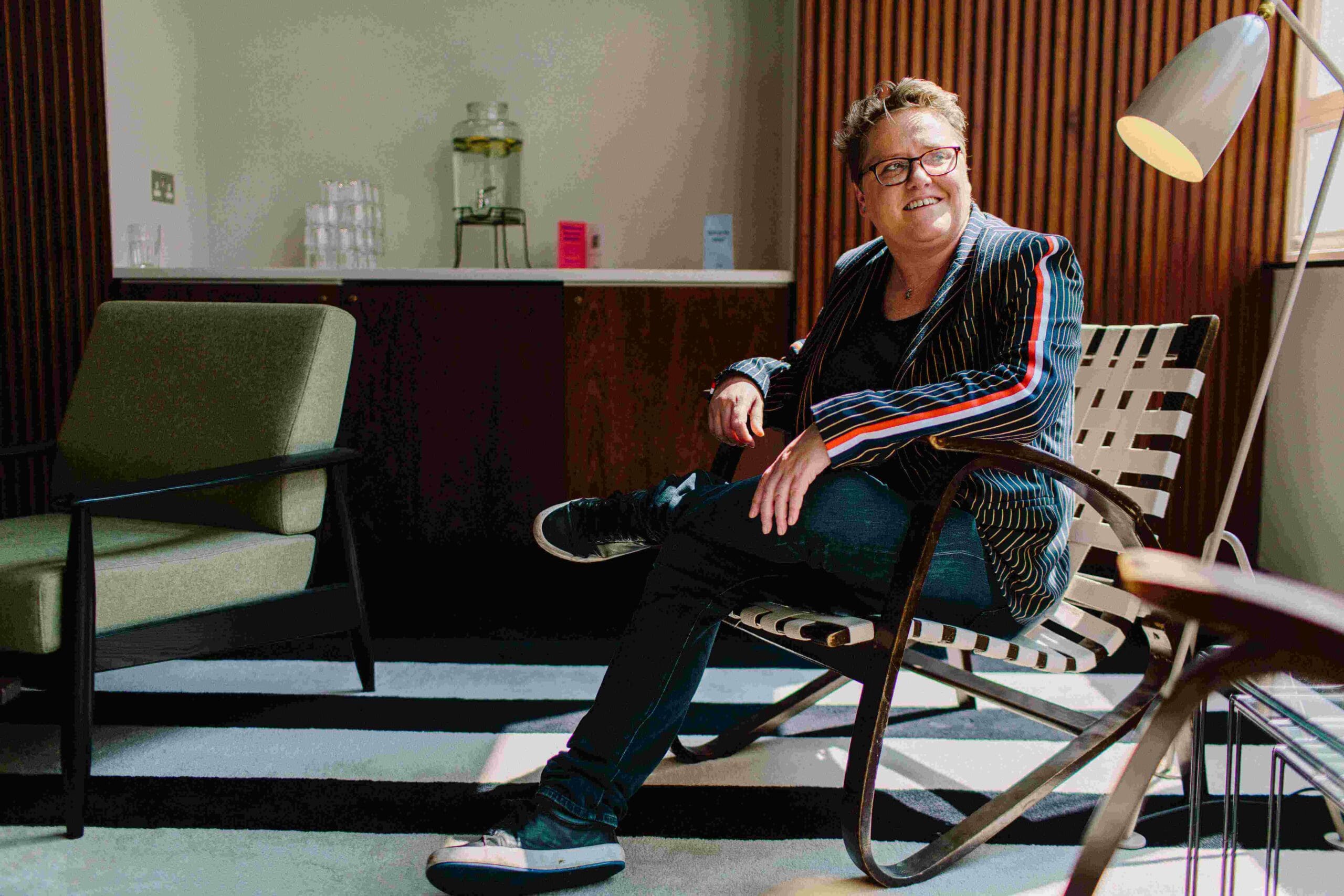To encourage women into senior roles (and to keep them there), we need to rethink our attitudes to women in the workplace, and possibly the workplace itself. And this is not just for women: to be effective, flexibility must be universal.
Women don’t leave their jobs because they lack ambition. Nor do they leave because they have children (although of course, some do).
Increasingly, they leave to set up their own business, or to have a greater purpose at work, and to create a better work/life balance. But research shows that some women find a flexible working structure can actually hinder their careers, if their employers see flexible working as simply working less.
At The Social Element, my 300-strong team are distributed all over the world, and we all work flexible hours. We focus far more on getting a job done, than spending the hours in an office. Most of us work from home; some work from one of our hub offices.
Flexible working has to be integrated to the whole business, not just a benefit given to a few employees. And that means creating a structure that can accommodate it.
It has huge benefits to the business. Not being fixed to a single location, or to set 9-5 hours, means that we can hire the right people for the roles, wherever they live, and whatever their circumstances. My Executive Team come from Aberdeen, North Carolina, Valencia and London. If we were fixed to a single office and working hours we wouldn’t be able to work together. Almost all of them have children of school age. This flexible approach means we can employ brilliant women and men who want to fit work around their family life, or who have caring responsibilities, for example. We’re widening the pool of people that we recruit from, and we’re less likely to lose women from the top level of the business.
Importantly, it’s not just women who must have flexibility. If we’re to achieve a better gender balance in our workplaces, we must create an environment where men can also do things like take their full parental leave, or have the flexibility to do the school run, or care for a relative. These things shouldn’t just fall to women. Flexibility must be universal to be effective.
If we do these things, businesses will reduce the number of women they lose at senior management level. And it’s not just the right thing to do. This approach makes financial sense. A study by McKinsey found that gender-diverse companies outperform financially by 15 percent (racially diverse companies outperform by 35 percent) compared to others.
No company is perfect. But every company can commit to offering a working structure that empowers every person to be their best, at work and at home.






I’ve encouraged my sales director, a new mum to twins, to work flexitime. By giving her the flexibility, it allows more space to create the flow for a work/life balance – she’s still the top sales person demonstrating that flexi works. As an industry, it’s time to embrace the flexi movement and we are at the stage in life digitally, where being in the office 5 days a week, 9-5 isn’t necessarily. For me, I don’t measure success based upon time in the office, I measure by results. I encourage everyone to embrace the flexi movement, male and female, parents and non-parents.
I love this, and totally agree – if you hire the right people they will love what they do and go above and beyond, regardless of where they’re working. With technology allowing us to work wherever, whenever there is absolutely no real ‘need’ for the old 9-5 set up, which let’s be honest was never 9-5 anyway! I find that people are more productive when they work the way they want to work. Some people are morning people, others are night-owls and one thing is definitely for certain – taking out the commute for people immediately makes them more productive during that time. At the end of the day, if you hire the right person they will excel and deliver top results because they’re wired that way! It doesn’t matter to me where or how they do it, as long as the work is done well and the clients are happy and those who are remote working are able to collaborate with others who are also remote working. That’s key. The other benefit of remote working it means that meetings are fewer, and drop-in desk chats are fewer. Again meaning efficiency is up. On the flip side, that could be a downside given sometimes the best ideas are concocted in the office kitchen.
Having an office is still good, when it’s warranted and the agency is big enough to justify the overhead, but it’s more of a central hub that teams can flock to when its needed., and kitchen break ideas can still be born!
I totally agree! If you hire the right people then they go above and beyond to do a great job because that’s how they are wired – regardless of where they are sitting. We don’t need to ‘molly-coddle’ our staff. We are now ‘on’ all the time thanks to all the tech advancements and I think we can be even more productive as a result… especially when you take out commuting time which can often be dead time.
As long as the work gets done well and clients are happy and teams are functioning well remotely then it’s a no brainer – it also reduces an agencies overhead not having to house all their staff at once!
Fantastic article, as a woman with daughters, I feel this a great time to be in the workplace!